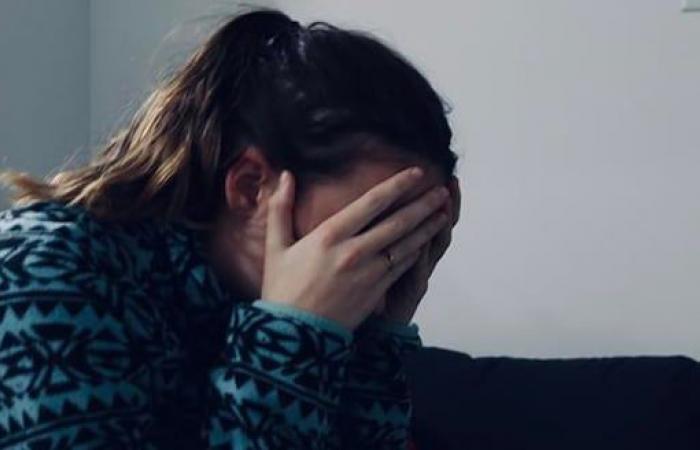Carla Spindler – This content is produced by ATM – Journalism students at Cégep de Jonquière.
« In Florida, the depression rate in winter is 1%, and as you go up to Canada, it can reach 5 to 9%. It even goes up to 30% in the north of the countryexplains Dr. Suzanne Filion, clinical psychologist. We talk about seasonal depression or seasonal affective disorder (SAD). »
Less than nine hours of sunshine per day in December is not without consequences for the body. In winter, the lack of light affects hormones and the brain, but also prevents the production of vitamin D which has antidepressant properties. “ In my office, I have more consultations in winter, but studies say that people wait 13 to 14 winters before accepting what is happening to them and consulting. For them, it is normal to hibernate during this period even though we do not have to tolerate that », adds Dr. Filion.
“It’s like walking in a full swimming pool”
It all starts with “ blues hivernal “. What characterizes it: it is shorter, but just as intense. On average, according to statistics, it affects almost one in three people. The symptoms remain the same. Decreased energy, increased appetite, disturbed sleep… “ We feel heavier. It’s like walking in a full swimming pool: you can’t move forward », Illustrates the national mental health consultant.
So how can we find lightness? Do not trivialize this state of depression in winter is a rule that Dr. Filion set for herself during her consultations. But to be effective, real monitoring must be put in place. “ Unfortunately, mental health in Canada is not a priority »deplores the psychologist.
According to the Canadian Mental Health Association (CMHA) report entitled “ The State of Mental Health in Canada 2024 », Canada only devotes 6.3% of its overall health budget to mental health, compared to 15% for France or 9% in the United Kingdom..
For its part, Quebec still displays the highest rate of good mental health in the country according to this same report, and it owes this in part to the actions of local organizations. “ We encourage and encourage people to seek support and assistance as often as possible. Breaking the silence is the solution », Develops Sara Therrien, director of human resources and communications at the Canadian Mental Health Association of Saguenay. The organization, based in Chicoutimi, notably plans prevention and screening workshops around mental health in schools. One solution among many…
Puzzles, drawings, gardening… On November 14, workshops were organized all day at the Cégep de Jonquière on the occasion of College Mental Health Day. (Carla Spindler)
A brilliant remedy
To stop feeling gloomy, light therapy also works miracles. A therapy used for 40 years in Europe, but still little known in Canada. “ In the retina of the eye, we have light-sensitive neurons that secrete serotonin to regulate our mood.explains Dr. Filion, author of a book on light therapy from which all profits are donated to mental health organizations. Light also influences the level of melatonin, the sleep hormone, in the body and thus circadian rhythms, a central section in the brain governing certain physiological processes.. »
It is therefore no surprise that these light treatments are increasingly popular in Quebec. According to the results of two meta-analyses reported in the medical publication UpToDatelight therapy would be effective in 60% of patients. On one condition: expose yourself to a 10,000 lux lamp daily, for at least 30 minutes.
Move to be in shape
But if everyone is not a fan, other alternatives are always available, such as sport, even if it is not unanimous. According to an article in the newspaper La Presse, although a large majority of Quebecers (78%) recognize that physical activity improves their mood, 23% of them do not intend to be more active during the winter months. So, one last solution remains: spending the winter in the sun.






